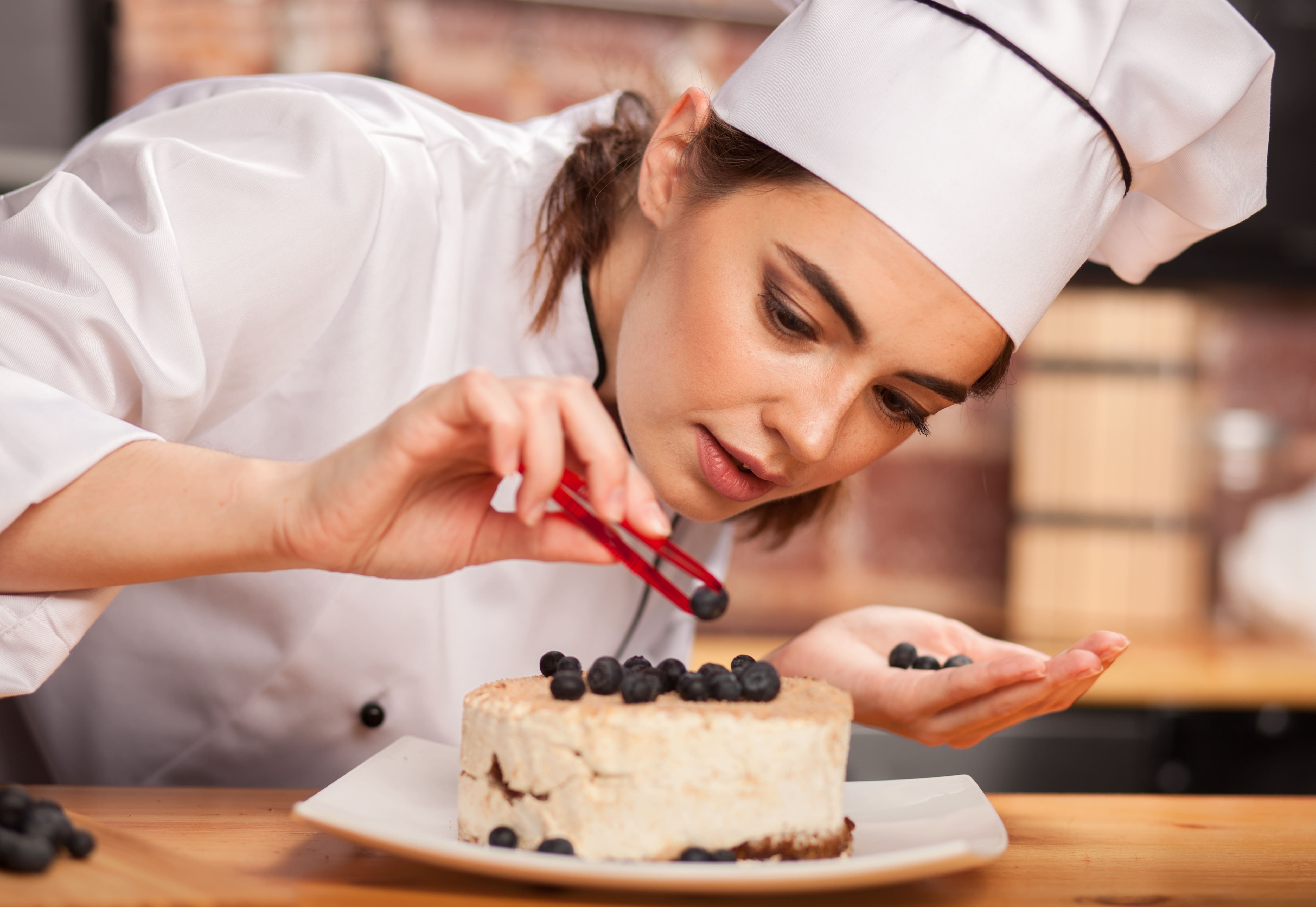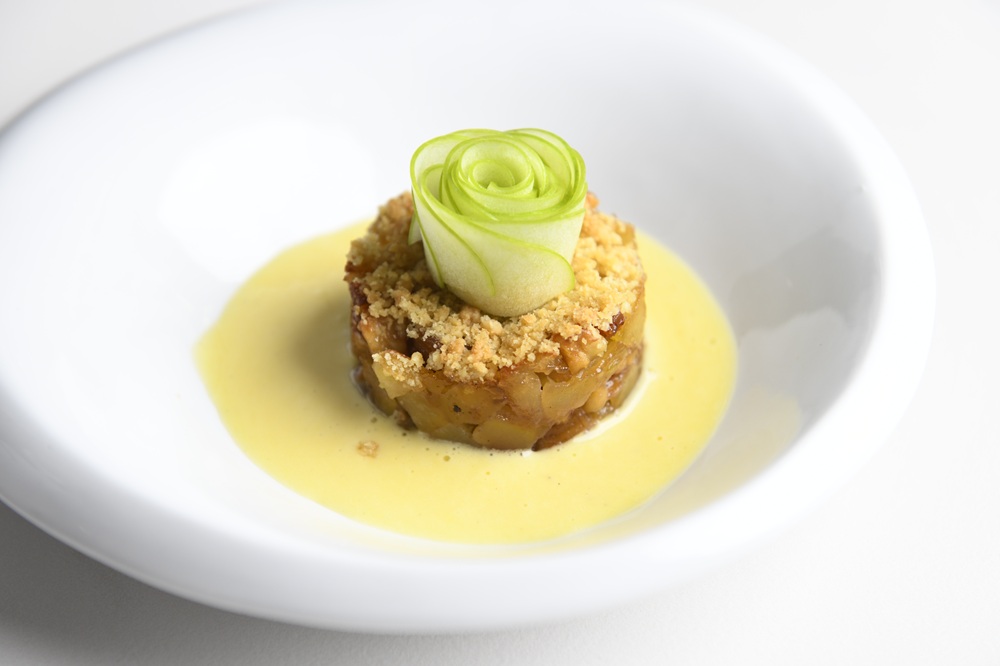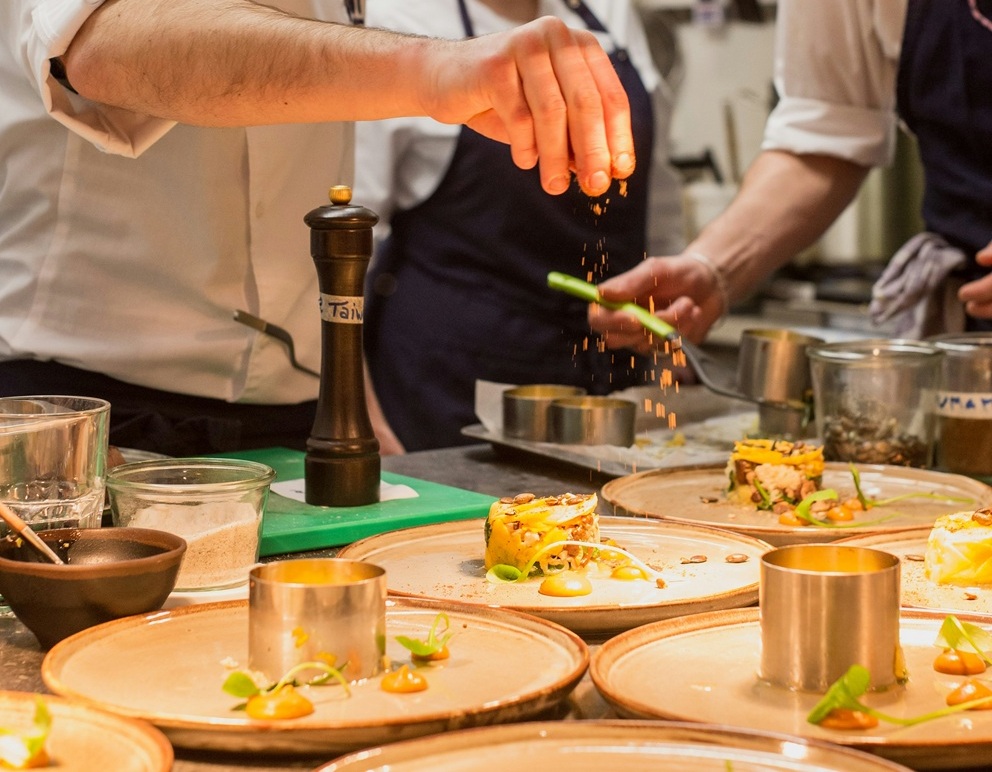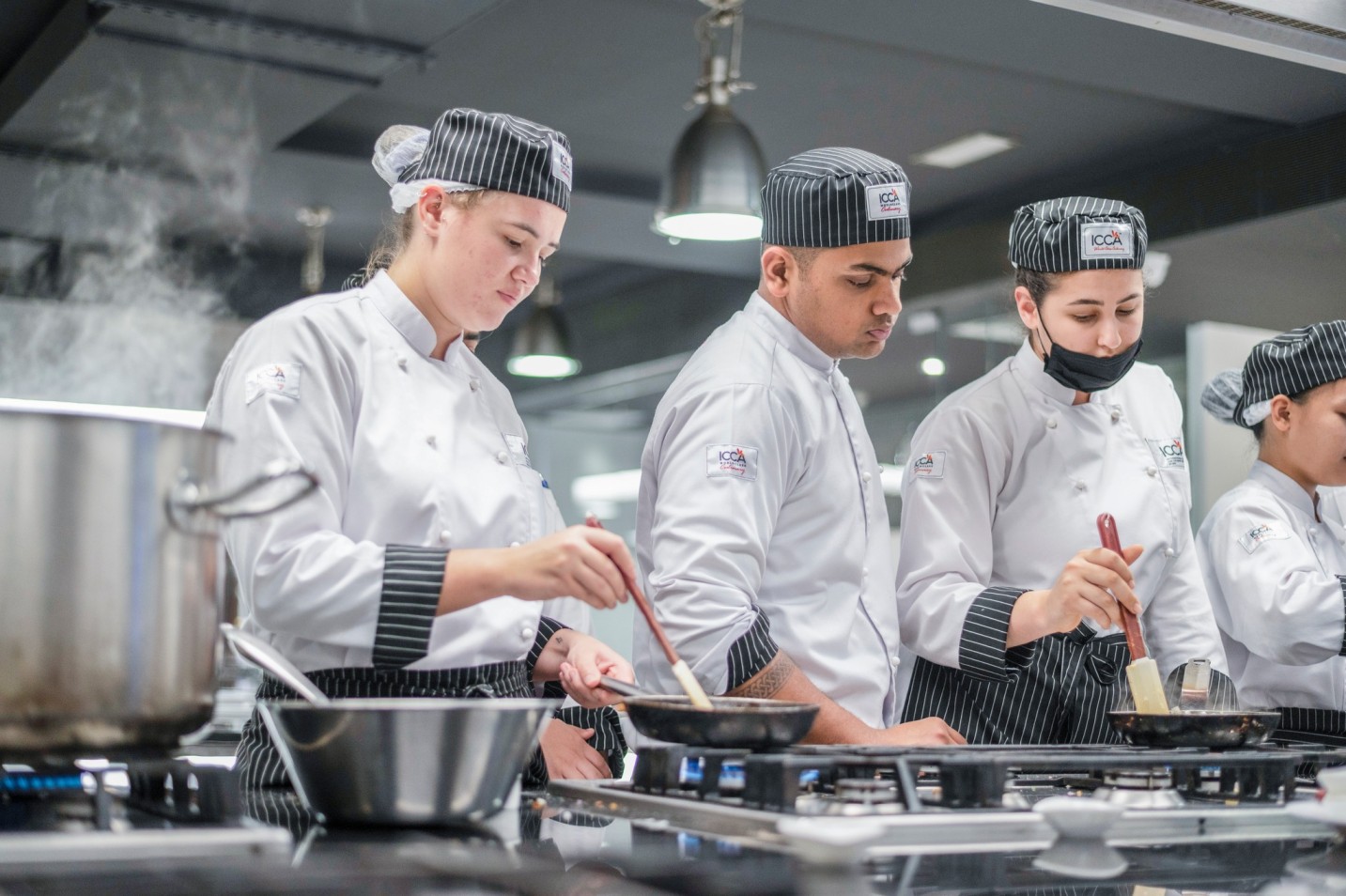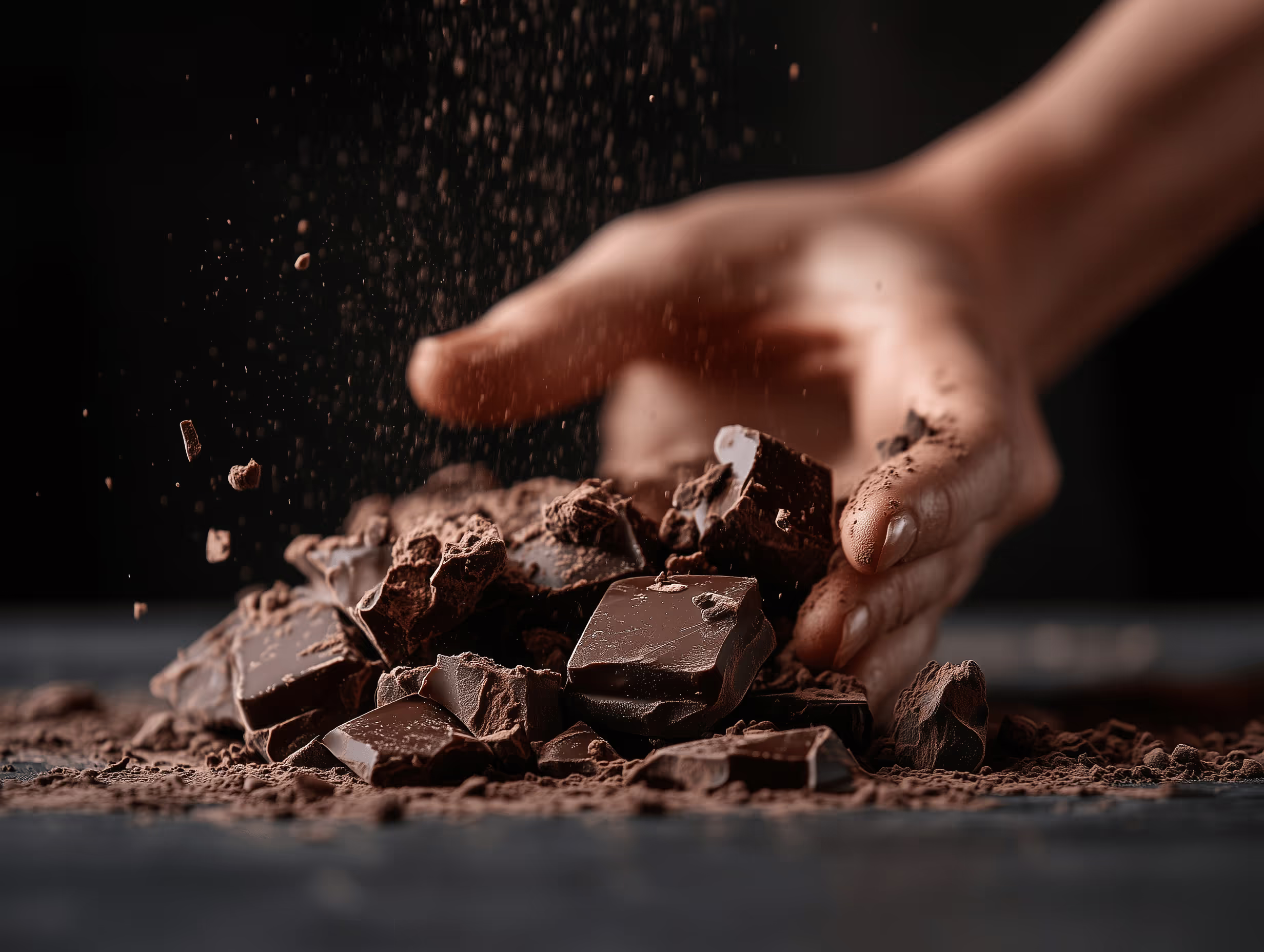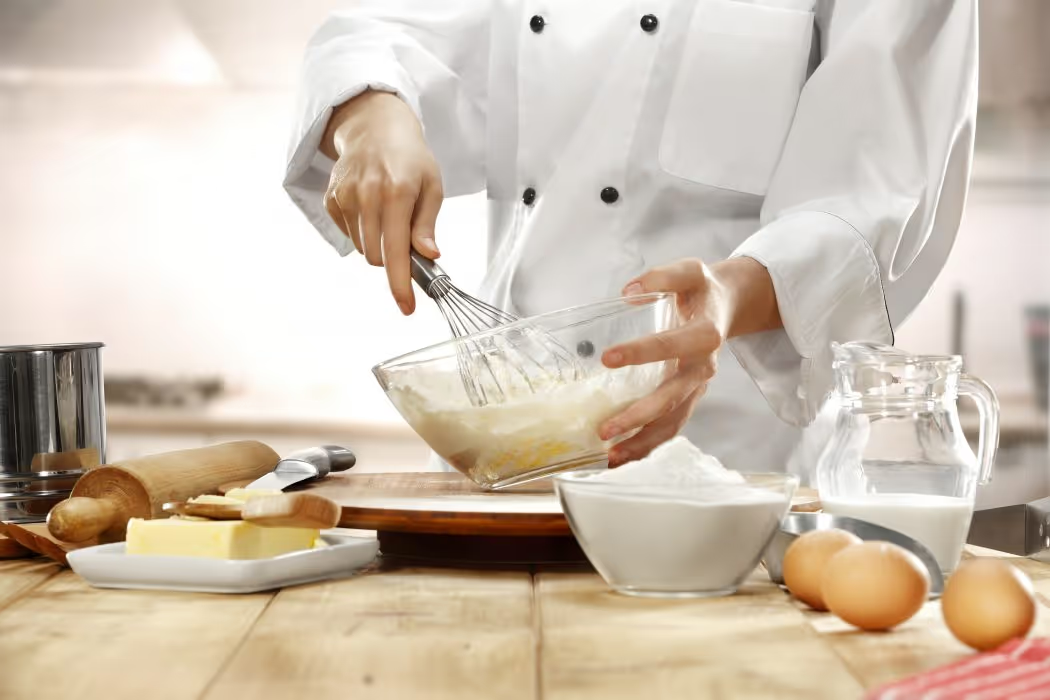Studies have often applauded the benefits of getting involved in ‘maker’ activities like Baking. For many, it is calming and soothing. And for others, it helps them focus and concentrate. The act of baking also gained momentum during the pandemic with a sizeable number acquiring new baking skills. But it has been stated that of many people who turned to bake, many used it as a form of self-care.
But are these avid home bakers ready to take on a role as pastry chefs? The immediate answer is No. It takes more than experimenting, baking, and creating a vast array of baked and pastry goods to become a pastry chef.
Baking might seem glamorous and fun in the confines of your home. But step out of your comfort zone, it is not all chocolate mousses and crème brulés. One needs dedication, and commitment to survive, thrive, and become a successful pastry chef.
So, if you believe being a pastry chef is your calling, then ensure you have the requisite skills and mindset to match your goal.
Measuring ingredients is key
If you are making soup or an omelet, it is ok to play fast and loose with your measurements, but not baking. Here, precision is key. To put it simply, baking is a science. The desired result, much like a chemical experiment, is achieved only when there are chemical reactions between the ingredients. For these reactions to take place, the ratio of ingredients must be precise. Accurate measurements are, thus, particularly important.
Importance of Preheating oven for baking
Baking is not merely about measuring the ingredients right. Be aware of the preheating instructions. If you do not give importance to preheating their oven before baking a cake, you can end up with an undercooked or sunken cake. The general rule of thumb when it comes to cake baking is to preheat your oven to the temperature (specified in the recipe) for 20 to 30 minutes before popping your cake in the oven.
The need to read and follow recipes
Recipes are to bakers, what formulae are to chemists -- directions for a consistent result. Read the recipe well and get an insight into all the technical and artistic elements necessary to produce a successful dish without fail. Some important notes to remember in recipes are baking times, temperature settings, signs of doneness, and serving instructions, among others.
Understanding every recipe like a Pro
It is not just about reading recipes but also understanding them well. While thoroughly scanning the recipe, highlight ingredients that require additional work such as marination, and chilling; double check the quantity of every ingredient you use; and look up unfamiliar and rare ingredients and figure out how you can procure them, etc. It is not about mindlessly memorizing every recipe. Try remembering the key techniques used in each recipe; this makes it easier to retain and understand the recipe.
Developing an array of pastry chef skills is not always a piece of cake. If you need to improve your baking skills and techniques, look up our patisserie programs on our website.


